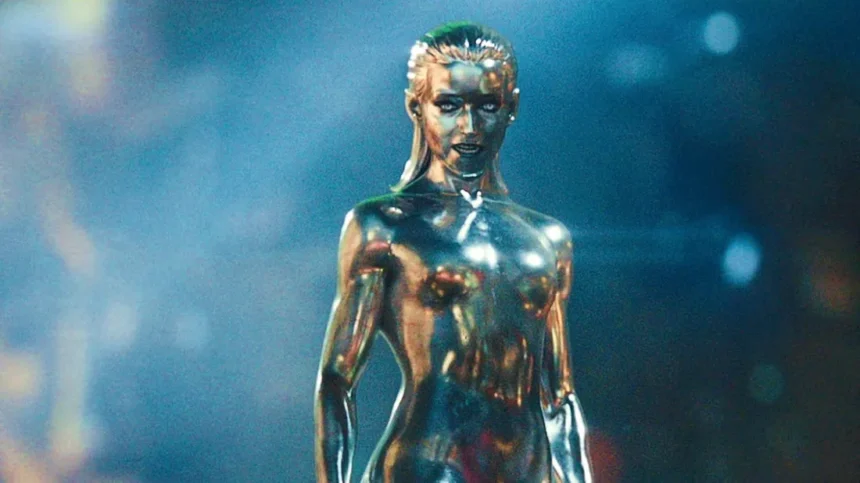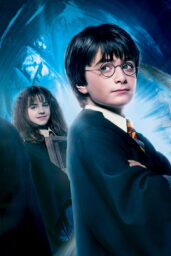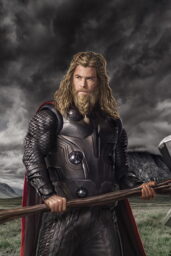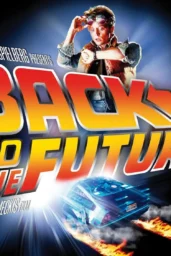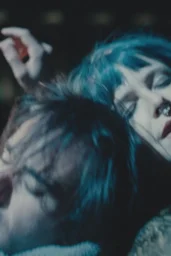You can feel the ghost of Gene Roddenberry in the metal-sheen of Julia Garner's Silver Surfer. It's there in the cold, logical cadence of her voice, a performance the actress built on the spoken-word poetry of T.S. Eliot. It's in the way she moves—a relentless, unstoppable force of nature, hunting the starship of Marvel's First Family with terrifying precision.
But the most profound echo from the final frontier isn't in the aesthetics of The Fantastic Four: First Steps; it's in the soul of its antagonist. In a brilliant, almost obvious stroke of character adaptation, writer Eric Pearson and his team didn't model Shalla-Bal on a comic book villain. They looked to science fiction's most beloved half-human, half-Vulcan: Mr. Spock.
Speaking to The Hollywood Reporter, Pearson laid it bare: they “talked about her a little bit like Spock.” To save her homeworld of Zenn-La from Galactus, she made a Vulcan-like choice: sacrifice her emotional core for pure, logical service. She became a herald, a planet-killer, to serve a greater good. She didn't destroy her emotions; she suppressed them, locked them away behind a facade of cold, machine-like efficiency. Sound familiar?
It's a comparison that transcends a simple writer's-room nod. Spock's entire arc, from the original series to the stunning prequel Strange New Worlds, is a battle between human feeling and Vulcan logic. He isn't a robot; he's a being in a constant, grueling state of control. Garner's Surfer—Shalla-Bal—is living that same hell. You can see it in the subtle flicker of pain behind her chrome-plated eyes, a performance of immense physical and emotional restraint that is, frankly, the film's masterstroke.
This isn't even the first time a pop culture villain has been spun from Spock's DNA. The Transformers comics' Shockwave, a Decepticon who serves only “pure logic,” is a direct descendant. But First Steps takes the concept further, weaving it into the very fabric of its action. The Four can't punch their way out of this one. Their only hope is to emotionally compromise her, to break through that Vulcan-like discipline with a flood of memories from the home she thought she saved. It's a psychological showdown, not a physical one. And when it works… Garner's scream is a thing of devastating, cosmic beauty. A million planets crying out at once.
Of course, the cinematic language draws from other icons. The relentless chase through hyperspace, her liquid-metal form reconstituting after every attack—it's impossible not to see the specter of James Cameron's T-1000. She shares that same mercurial, terrifying physicality, that same single-minded purpose. But where the Terminator 2 villain was a blank slate of pure menace, Shalla-Bal is a tragedy. Her final, redemptive sacrifice—trapping herself with Galactus—is less T-1000 and more T-800. She finds the emotion Spock so often rediscovers, completing a arc that feels both epic and profoundly human.
Director Matt Shakman, a man once attached to helm a Star Trek film himself, understands this pulp-sci-fi synergy deeply. He frames the Four not just as superheroes, but as astronauts—a crew on a starship enterprise, facing down an unknowable cosmic entity in sequences that deliberately evoke Star Trek: The Motion Picture. The overlap is the point. Both franchises are born from that same 1960s optimism and awe about the final frontier. First Steps gets that. It's a film that understands that the most compelling conflicts aren't always won with fists, but with feeling.
It's a lesson Spock learned a long time ago.
The Fantastic Four: First Steps is now playing in theaters worldwide.
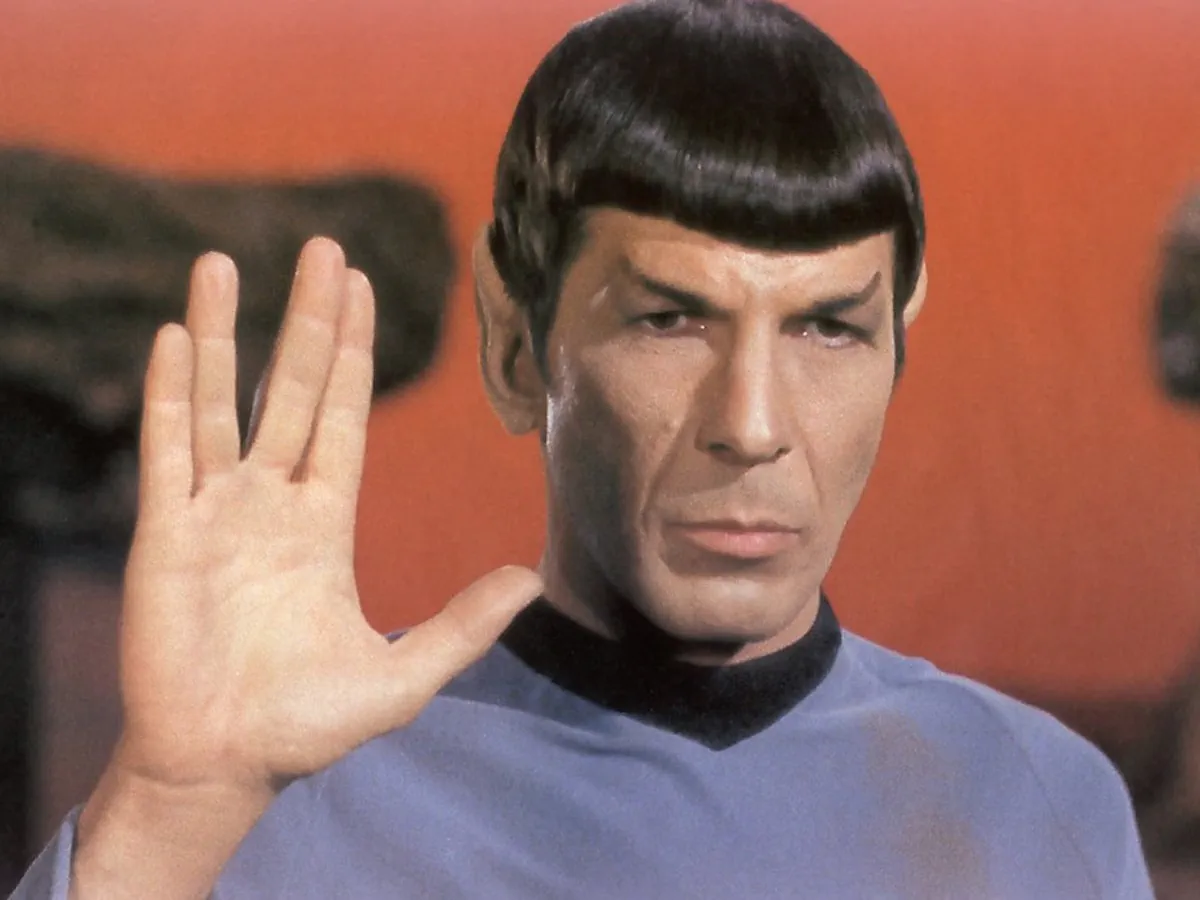
What Makes This Surfer So Different
The Spock Blueprint
The film's creative team explicitly modeled Shalla-Bal's emotional suppression on the Vulcan way of life, making her internal conflict the core of the story.
Garner's Poetic Logic
Julia Garner found her character's haunting, detached voice by listening to the precise, rhythmic delivery of T.S. Eliot reading his own poetry.
A Psychological Battle
The climax hinges on Johnny Storm emotionally breaking the Surfer's logical facade—a unique victory for a Marvel film that favors brute force.
More Than a T-1000 Homage
While the liquid-metal relentlessness evokes Terminator 2, her tragic backstory and ultimate redemption arc make her a far more complex figure.
The Director's ‘Trek' Cred
Matt Shakman's unmade Star Trek project clearly influenced his approach, framing the Fantastic Four as a classic sci-fi crew on a cosmic mission.
What did you think of this new, more philosophical take on a classic Marvel character? Did the Spock parallels work for you, or did you crave more four-on-one action? Let us know your thoughts over on our Facebook page.

